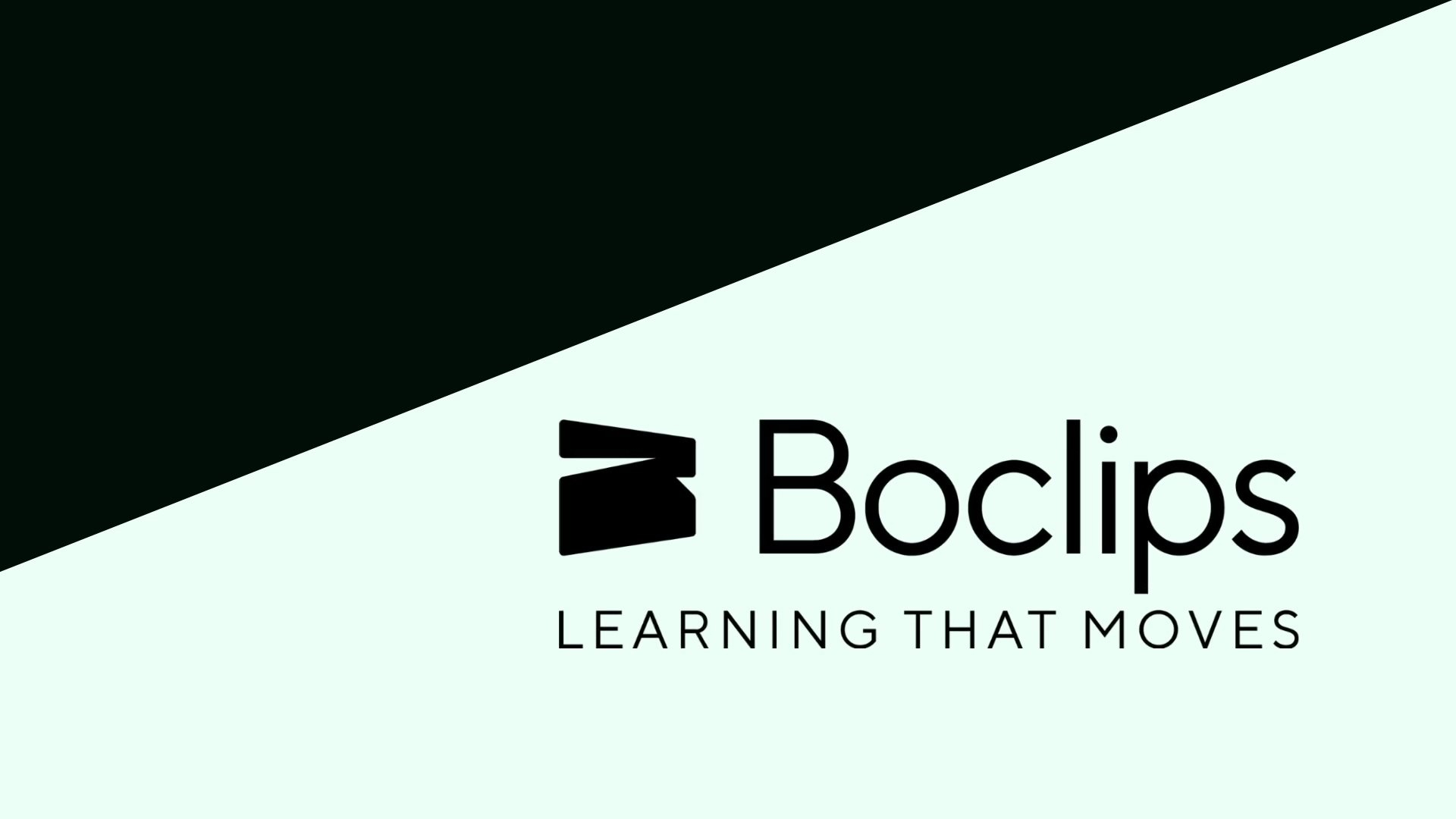Trend Watch
Like, Get a Clue
Eighth-grade girls from Maryland are playing a pivotal role in nabbing online pedophiles, reports Phuong Ly of The Washington Post. Their expertise: teaching seasoned FBI agents to pose as teenage girls online without giving away their cover. A non-standards-based curriculum that includes pop quizzes on celebrities (FYI: Destiny's Child is way cooler than Justin Timberlake), fashion trends, and IM-speak help the agents sound more authentic. The FBI estimates that 20,000 pedophiles are logged on to the Net at any given moment; to date over 2,200 have been convicted. www.washingtonpost.com
In the Job Market?
Helping to stock the nation's classrooms with qualified teachers is Recruiting New Teachers (www.recruitingteachers.org), which offers information on how to become a teacher, where teachers are needed, certification requirements in each state, education and training programs, and more. This National Teacher Recruitment Clearinghouse site aims to assist the thousands of educators who've been forced back into the job market as a result of budget cuts. A job bank feature allows districts to register and promote their own sites to the more than 740,000 individuals who visit RNT each year.
Buttoning Up a Community Resource
Last June's Supreme Court ruling requiring libraries that receive federal funds to install filters on their Internet-connected computers has raised some serious issues. Because many of the nation's poor count on libraries as their only source of Internet access, critics are concerned that using the filters would increase the digital divide. And though the legislation states that librarians should have the power to disable the filters, those challenging the law point out that patrons might be reluctant to ask a librarian to do this; plus fulfilling requests to disable Internet filters is not the best use of a librarian's time. The American Library Association predicts that many libraries will choose to forego federal funds-which amounted to approximately $1 billion for libraries over the last four years-rather than install filters.
Broadened Adoption Options?
Tools and ideas to transform education. Sign up below.
What's Your Opinion?
Should state textbook adoption be eliminated, leaving the field open to a range of print and digitized curriculum materials? Click here and let us know what you think. We'll report your responses on Back Page.
At the recent Association of Educational Publishers conference in Washington, D.C., Diane Ravitch, author of The Language Police, railed against the radical "bias and sensitivity" guidelines adhered to by textbook publishers. Ludicrous examples of censorship, for example, include rejecting a passage about mountain climbing due to "regional bias." Ravitch argues publishers are not only limiting freedom of expression but also fueling cynicism in kids who can clearly see that their sanitized texts don't match up to reality. She left the audience with three suggestions:
- End the state adoption of textbooks.
- Force publishers to post their bias and sensitivity guidelines-along with what they've chosen to censor and why-on a public Web site.
- Allow teachers the freedom to select their own texts and materials with the help of well-stocked school libraries.
Read other articles from the August Issue
